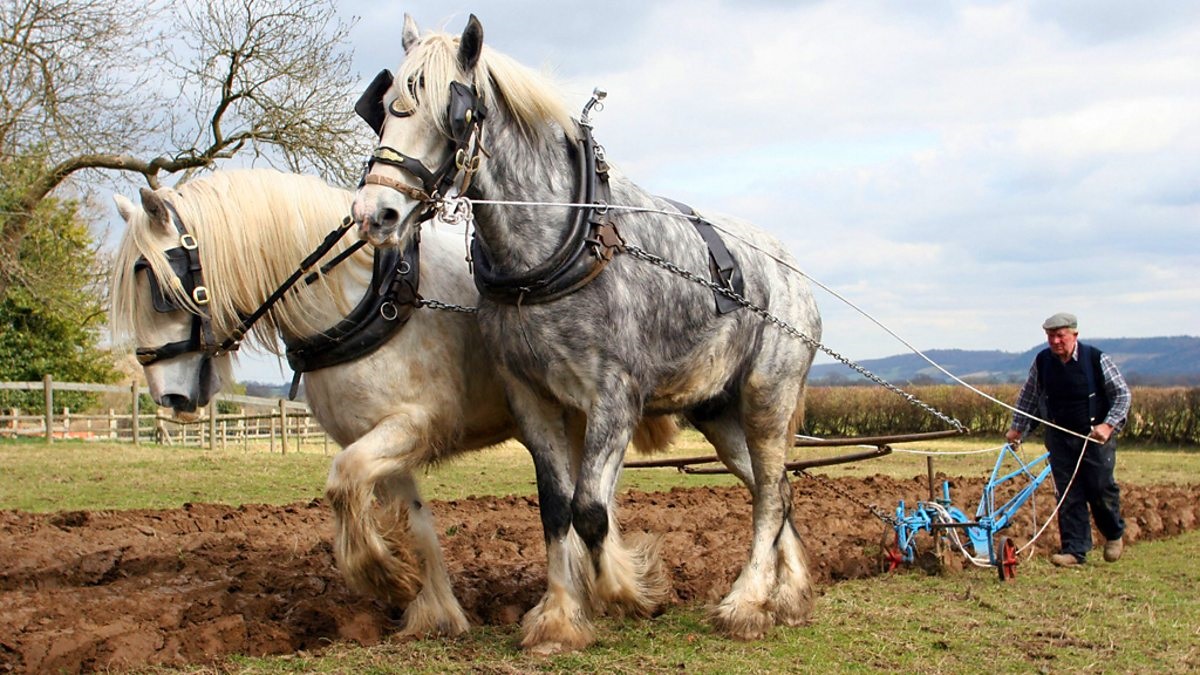Two thirds of consumers (64%) are concerned about climate change, with 4 in 10 (38%) believing that agriculture is a major cause of the problem a new survey reveals. In fact, 1 in 4 (24%) would go as far as to say that farmers have more responsibility to cut emissions than food companies or supermarkets. This is despite the fact that UK farming is actually leading the way in tackling climate change with a self-imposed target of becoming net zero by 2040.
More than half (56%) of those surveyed admitted that they did not know enough about the steps that farmers were taking to mitigate climate change, with half saying they’d like to understand more. Now a new campaign, #FarmingCan, who commissioned the survey, is helping them do just that, with a social media campaign highlighting how farmers are part of the climate change solution, rather than the problem.
The survey also revealed that consumers admit that they also need to do more to help tackle the climate change problem themselves. More than half said they were already trying to buy British grown food, and 4 in 10 did say that they would be prepared to pay more for food which is proven to have a low carbon footprint. A similar number (37%) also said they were already buying less meat to try and help mitigate climate change. The #FarmingCan campaign explains though that this is not the answer, with many British farmers already playing an important role in combatting climate change through the delivery of sustainable farming.
Ben Briggs, Farmers Guardian editor, said: "British farming is one of the most sustainable in the world, with the greenhouse gas footprint of UK beef production half that of the global average, while UK milk production is just 40 per cent of the global average. However, when operating in an increasingly global marketplace the challenge for UK agriculture is to communicate its sustainability credentials to a wider audience and actively use it as a selling point. Via initiatives such as Farming Can we have a great opportunity to shout about the positive impact UK farming can have and why it compares so favourably to other nations."
15 ways British farmers are helping to combat climate change:
1. Adjusting livestock feeding regimes to reduce methane emissions.
2. Adopting precision farming of crops, such as delivering nutrients more efficiently, to improve plant health and reduce inputs.
3. Being energy efficient by changing behaviours (such as turning off engines not in use), considering ways to reduce energy use and utilising renewable energy where possible.
4. Managing, rejuvenating and enlarging hedgerows, verges, headlands and wildlife corridors to improve biodiversity and habitats.
5. Monitoring and managing farmland trees and planting on unprofitable land to help sequester carbon.
6. Creating a soil management plan and test soils regularly for nutrient status and organic matter. Avoid soil disturbance and compaction where possible.
7. Taking steps to reduce farm waste, such as recycling plastics.
8. Using breeding programmes to help identify traits in animals and plants which will transmit good feed conversion and yield efficiencies.
9. Thinking about water usage and considering water recycling schemes, on-farm water storage, as well as maintaining pipework and taps to reduce leakage.
10. Considering multi-purpose land use to utilise wind and solar alongside productive agriculture.
11. Exploring small-scale on-farm anaerobic digestion of animal slurry with small amounts of other feedstock to produce electricity and heat - the by-product of which is a nutrient rich fertiliser to boost soils.
12. Seeking out alternatives to red diesel such as vegetable oil (HVO).
13. Diversifying into non-food crops, such as Miscanthus, for bioenergy.
14. Measuring and collecting data to create a baseline to help implement an action plan towards net zero.
15. Collaborating with industry and other farmers through knowledge exchange and demonstrations to share best practice on reducing emissions.











